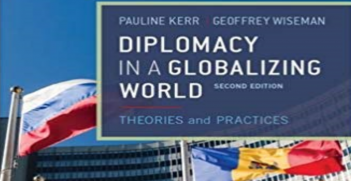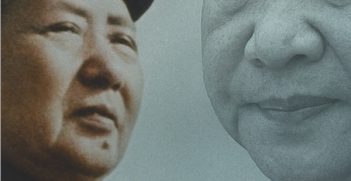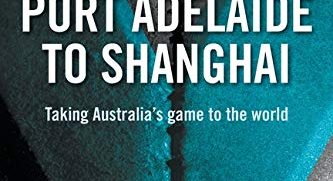Reading Room: Middle Powers in World Trade Diplomacy

In focusing on India, South Africa and the Doha Development Agenda, Charalampos Efstathopoulos has produced an insightful book that goes beyond the traditional understanding of the approaches of developed and developing countries in trade diplomacy. By closely studying the road taken by India and South Africa, the author provides a deep understanding of world views, strategies and interests that underlie the diplomacy of developing countries. He argues that India and South Africa display attributes of ‘middlepowermanship’ and traces the different journeys the two developing countries have taken in the lead-up to the launch of the Doha round and the years of negotiating the Doha Development Agenda at the World Trade Organization (WTO).
The author begins by laying down the theoretical foundation of middle powers and southern middle powers and thereafter using negotiation documents, speeches, ministerial conference and other WTO documents to analyse the evolution and role of India and South Africa as southern middle powers. The three central arguments are that (i) southern middle powers promote the interests of the developing countries and seek reforms without undermining the stability of the multilateral framework (ii) the bargaining power of southern middle powers is influenced by the structural leadership of the major powers and (iii) the power yielded by southern middle powers is conditioned by its followership among other developing countries.
Using a large reservoir of factual evidence, the author does make a credible case of the importance of the emerging powers in global trade governance and how they have influenced the course of recent developments. Limitations of the middle powers are also well presented, be they political, financial or technical resource constraints and it is shown how, despite these limitations, India and South Africa sought to maximise their impact. Another interesting analysis that emerges is that although it is easy to generalise arguments about the ‘developing countries’ as a homogenous group, there are still significant differences in the approaches taken by India and South Africa at critical junctures, which are important from a global perspective. However, the book does not throw light on the role that southern middle powers like India and South Africa will play in the coming years as the international trading system undergoes a major transformation. With multilateral diplomacy losing its steam, it is also important to analyse (if and) how emerging powers are adjusting and reorienting their strategies beyond the Doha Development Agenda.
Dr Charalampos Efstathopoulos, Middle Powers in World Trade Diplomacy: India, South Africa, and the Doha Development Agenda, Palgrave Macmillan UK, 2015.
Pradeep S Mehta is the founding secretary general of the Jaipur-based Consumer Unity & Trust Society (CUTS International), a public policy research and advocacy group working in Asia and Africa.





